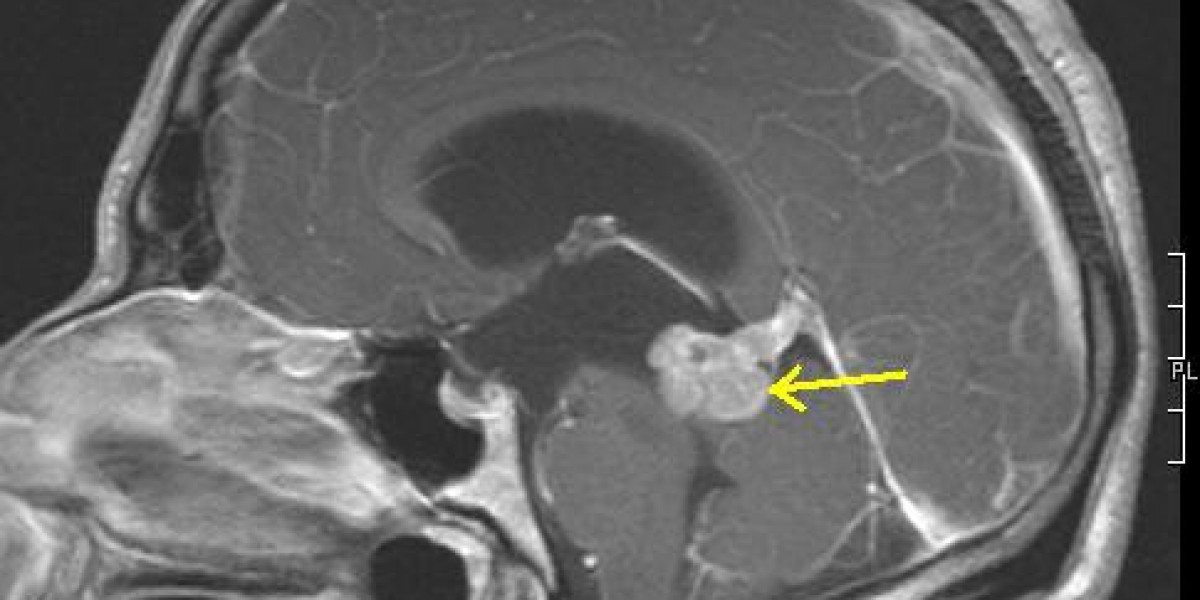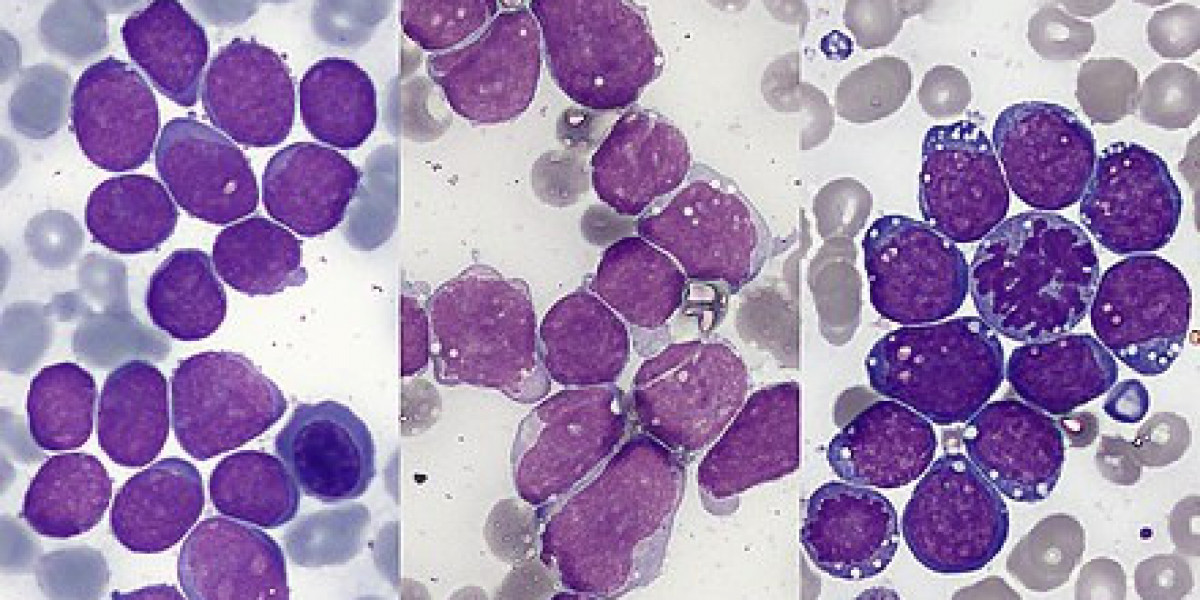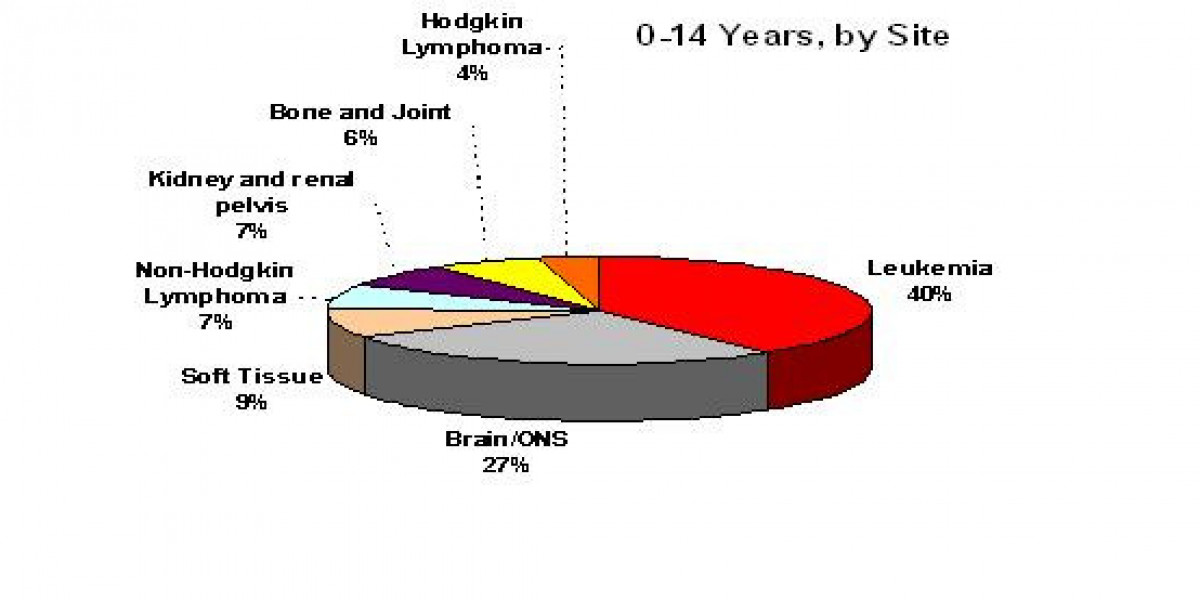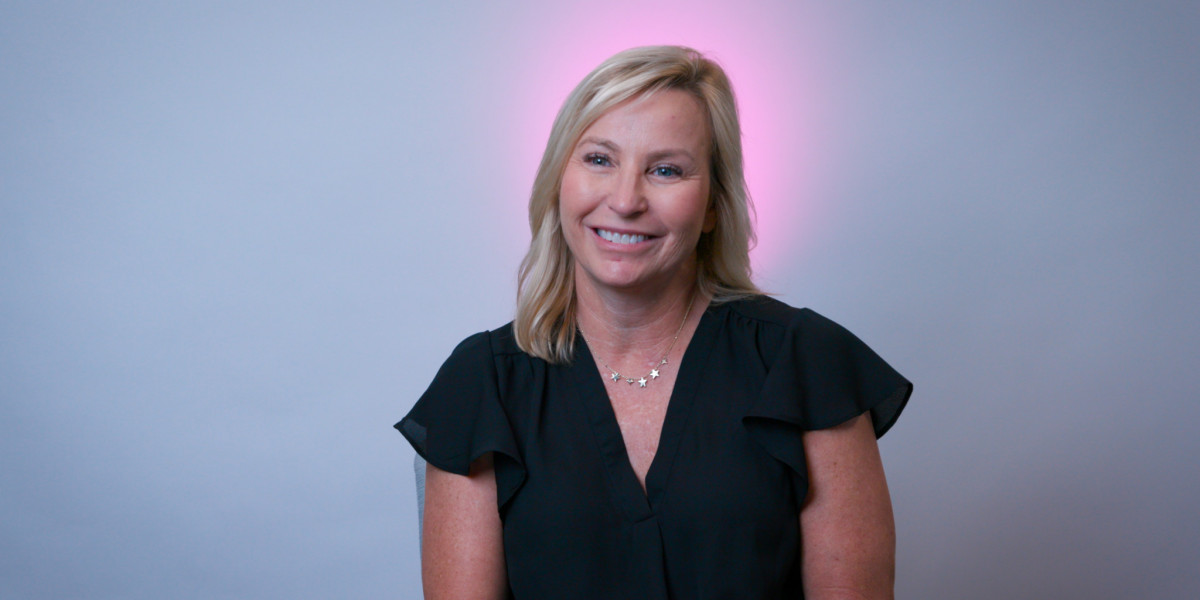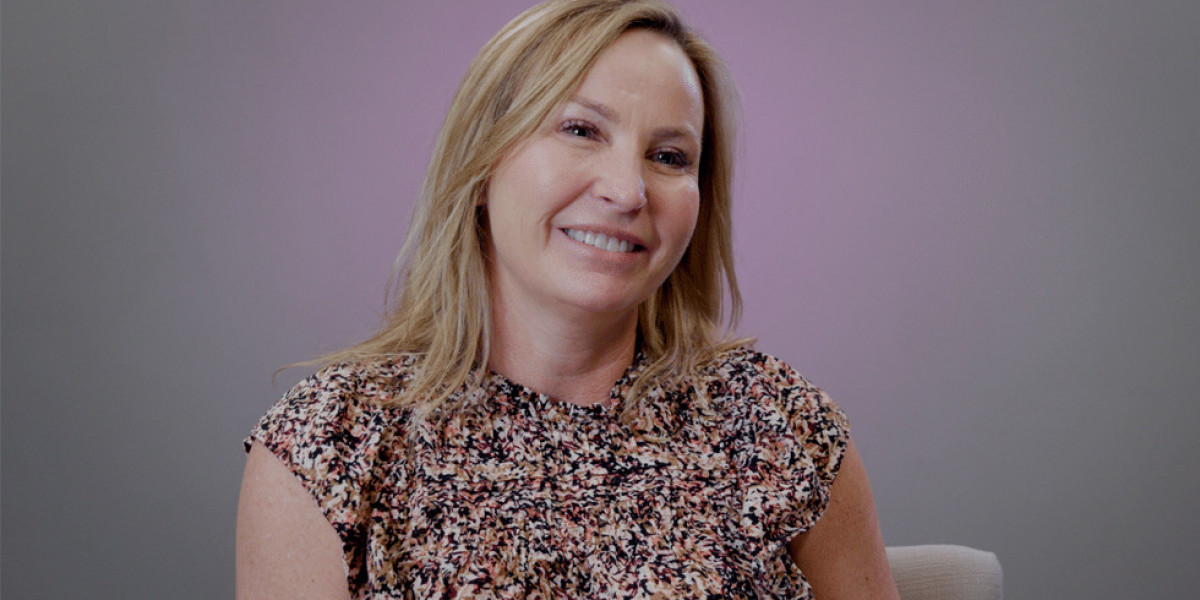News>Paging chat: AI tools offer progress and opportunity in breast cancer | ASCO 2025
Research explores how artificial intelligence can improve care for people living with breast cancer and their providers.
“Hey TikTok, let’s get pumped about understandinglymphedema,”LaFreda Chrispen’sartificial intelligence (AI) assistant began. She had asked it to help her describe the breast cancerside effectlymphedemain a TikTok.
Her AI continued, “Imagine your body'slymphatic systemis like a busy highway of health, withlymphfluid cruising around, keeping things clean and clear. But what happens when there's a roadblock? If lymph nodes get damaged or go missing, traffic jams up! That's lymphedema for you – a swelling party nobody RSVP'd for, happening in your arms, legs, or even your belly.”
A technology professional andmetastatic breast canceradvocate, Chrispen is excited about thepotential of AI to improve people’s understanding of breast cancer and access to information.
“It made mydiagnosiseasier to understand and it helps me tell my story,” Chrispen says. Even though she works in tech, Chrispen didn’t turn to AI right away after diagnosis. Like many people with cancer,she first looked to AI to help understand ascan.
MTC, who asked to be referred to by initials, has also experimented with AI since her diagnosis withmetastaticbreast cancer. She is active in social media groups where she had heard many women share stories of using AI to read scans before she tried it herself.
After a series of normal scans, her electronic health record alerted her that a recent scan required follow-up. As she waited to talk with her doctor, she turned to AI. The response was helpful, providing some clarifying information and reassuring her that the news may not be bad. When she finally met with her doctor,the recommended course of action was consistent with what AI had led her to expect.
These experiences are becoming increasingly common as AI becomes more integrated into society and a generation of people who grew up with technology embrace its use. It is not surprising that artificial intelligence was a hot topic at the recent annual meeting of the American Society ofClinicalOncology(ASCO), an international gathering of cancer researchers and doctors. The conference came on the heels of ASCO’s major announcement of an innovative collaboration with Google Cloud to launch the AI-poweredASCO Guidelines Assistantfor oncology professionals.
The new tool was developed in response tophysiciancalls formore efficient and searchable clinical oncology guidelines. Doctors want easier access to the critical information they need to provide the best care to their patients. Speaking about this first attempt to use AI to serve its members, ASCO CEO Clifford Huddis describes it as a “small first step in a long journey.”
In an open conversation at the conference June 1 with Google Cloud CEO Thomas Kurian, Huddis emphasized that ASCO Guidelines Assistant is a resource.It is not designed for clinical decision-making. Still in the early stages, ASCO encourages doctors to test the model. Huddis and Kurian acknowledge that users may find mistakes which will be fixed over time.
AI’s potential use in breast cancer is not limited to education and information retrieval. Since 2017,many AI products been approved by theFDAfor use in breast cancer diagnosis, helping read and triagemammogram,ultrasound, andMRIresults.Time Magazinefeatured the AI-drivenMRIreading assistant QuantX inits 2019 list of inventions of the year.
The addition of AI tomammographyis not without challenges, though. AI enhancement is not covered by insurance. While some cancer centers absorb the expense, others do not use it or offer it for an added cost of $40 to $100. This raises ethical and practical questions about healthcare access and the value of the tool.
Clairity Breast takes the role of AI in breast cancerscreeninga step further. The FDArecently approved its AI-powered platformto predict five-year breast cancer risk from a routinemammogram. The platform can detect subtle changes in breasttissuethat may indicate long-term risk of developing breast cancer.
A conversation about AI in health care inevitably raises the question, “Will AI replace my doctor?” People with cancer see their oncologists frequently over an extended period of time, developing a human relationship not easily replicated by a machine.
“AI will not supplant the role of the doctor,” reassures Dr. Debra Patt of Texas Oncology who sees AI as freeing up clinicians to spend more time caring for patients. Patt thinks of AI as a nudge, a term used in behavioral economics. The nudge makes things easier. She likened it to encouraging her kids to eat better by rearranging the refrigerator so the healthy foods are presented neatly in front.
Texas Oncology uses AI to decrease the administrative workload of remote nurses who respond to patient questions about cancer medicines and symptoms. The AI system prompts nurses as they fill out forms, automatically populating fields with intelligent guesses, helping nurses get answers to callers faster.
Before AI, the nurses spent about half of their time with patients and half on documentation. TheAI assistance has shifted the balance so that nurses are able to spend 80% of their time talking with patients and 20% on documentation. Patt is hopeful that uses like this will improvenursejob satisfaction, a high priority as the U.S. faces a nursing shortage.
Change is the biggest challenge in adopting AI tools, according to Patt. Even as a champion of AI, she experienced some discomfort when she first started using an AI scribe. AI scribes record doctor’s office conversations, enabling clinicians to spend less time looking at a screen and more time making eye contact with patients. Theclinicianreviews the information that goes into the medical record, and the recording disappears after approximately a month to protect privacy. Oncology has higher documentation needs than other areas ofmedicine, so many cancer centers have been quick to adopt AI scribes to save time.
A University of California at San Diego study tested the use of ChatGPTto help doctors respond to online messages from patients. It turned out thatpatients preferred the messages composed with AI assistance because they were longer and used more superlatives.
An AI nudge can improve clinical practice in other ways. Astudy from the University of Pennsylvaniapresented at ASCO used AI to identify people with cancer at risk of dying soon. It prompted their doctors to initiate serious illness conversations with them. Research has shown doctors often do not start these conversations early enough, even though oncology guidelines recommend it. The earlier conversations resulted infewer people havingchemotherapyin their last two weeks of lifeand anaverage of $1,500 in cost savingsper patient in the last month of life.
Dr. Doug Flora of St. Elizabeth Hospital sees efficiencies in AI based on his experiences providing and receiving cancer care. As a cancer survivor, he looks forward to seeing how AI can accelerate drug development, a topic of high interest to pharmaceutical companies and the FDA, which has started using AI to assist with regulatory review.
AI is also being explored inclinical trialrecruitment. In 2024,the National Institutes of Health reported pilot data on TrialGPT, an AI-powered clinical trial search engine. Clinicians who used the tool spent 40% less time screening patients with similar matching results. Ina separate study, Emory University’s Dr. Ravi Bharat Parikh found thatclinical research coordinators who used AI to help prescreen people for clinical trials had greater accuracy than either coordinators alone or AI alone.
Many people in the breast cancer community are hopeful that AI might play a role inprecision medicine, helping find the most effectivetherapyto treat each individual’s illness. Although not there yet,uses for treatment planning are being actively pursued. AI-drivenPaige Lymph Node received FDA approvalin 2023 to help detect metastases in the lymph nodes. It is one of a suite of AI-driven breast cancer products being developed by Paige. A newer product,Paige PanCancer, just approved by the FDA, works for multiple cancers.
Many companies are competing to develop AI-driven tools torefine HER2 testing. New HER2 therapies are effective against breast cancers with very low levels of HER2 making accurate and sensitive testing even more critical. A recent study tested AstraZeneca’s MindPeak to improve classification of HER2-low and HER2-ultralow breast cancers, presented during an ASCO session. MindPeak has created an online training program integrated with AI to help train pathologists to read HER2 results more accurately.Accuracy increased from 90% without AI to 95% with AI. Misclassification of HER2-low and HER2-ultralow breast cancers wasreduced by 24.4%. The Digital PATH project found that AI could be used to triage pathologists’ HER2 workload so they can focus on more nuanced cases.
The opportunities for AI in cancer care are seemingly endless. A Northwestern University-American Cancer Society effort is testing an AI model for clinical use that is designed to determine risk and prevent unnecessary treatment. Friends of Cancer Research is exploring the use of AI to better measuretumorresponse to treatment inclinical trials. These are just a couple examples of the many uses under development.
Parikh emphasizes that today’s AI tools are designed to assist, not replace, clinicians. In order for them to work, the clinician has to trust the tool to be accurate.Research has found that many clinicians do not fully trust AI and avoid using it.Regulation could help build trust butmany AI tools are not regulated by the FDA or other agencies. Those that are regulated are not tested using the high scientific standards of a typical device or drug, according to Parikh.
One concern is that AI is prone to “hallucinations.”AI can provide false or inaccurate responses based on predictions from available information.
To address this, Google Cloud has programmed ASCO Guidelines Assistant to be factual in its responses and only pull from the ASCO guidelines, not other information to which it has been exposed. The system also provides citations to support the answers it generates.
Experts who spoke at ASCO cautioned that while AI is very promising,there is more work to do. They encourage their fellow doctors to join the conversation to help refine, evaluate, and build trust in AI tools.Health data privacy, ethics, andcomplianceneed to be prioritized. They emphasize that AI is only as meaningful as its prompts, and users will have to learn how to prompt AI smarter.
Chrispen understands this. She has trained her AI assistant to give her more specific answers to her questions. Instead of just telling her to eat moreprotein, fruits, and vegetables, AI now gives her lists of foods. When she has questions about medications, her AI assistant understands that she is looking for high-level medical information and goes deeper than just the drug company overview.
For these reasons, Chrispen remains a cheerleader for AI saying, “I google less. I AI more. AI is like a personal assistant for life that does not make human assumptions.If we are going to solve breast cancer, we need to accept new tools and be open to progress.”
Recently diagnosed
Receiving a breast cancer diagnosis can be disorienting. Learning about your diagnosis and treatment options can bring a greater feeling of control.
Tests for metastatic breast cancer
Many different tests can be involved in a metastatic breast cancer diagnosis. These tests can confirm the extent of the cancer and determine the most effective treatments.
Testing and precision medicine
Testing is important in breast cancer precision medicine—care based on your unique health history and lifestyle. The right tests can help you and your team choose the most effective treatments.
Who gets breast cancer?
Anyone with breast tissue can get breast cancer, even men. About 1 in 8 U.S. women and 1 in 726 U.S. men will develop invasive breast cancer over the course of their lives.
Can a breast cancer diagnosis be wrong?
It is unusual but possible for a breast cancer diagnosis to be incorrect. Learn more about the different ways to be certain about a new diagnosis.
Complete blood count (CBC) tests
Complete blood count (CBC) tests can check for anemia, infection, and other side effects of breast cancer treatment. CBC testing can also help confirm signs of cancer spread.
Blood chemistry tests
Blood chemistry tests can tell how well your organs are working and how breast cancer treatment affects your body.
Treatment for metastatic breast cancer
The goal of metastatic breast cancer treatment is to manage the disease while limiting side effects. Learn about available treatments and when they are used.
FDA approval programs
Studying medicine effects takes years. FDA reviews extend the process, but offers programs to expedite vital medicines for those in need.
Clinical trials for MBC
There are many reasons you might change treatments for metastatic breast cancer. If you and your doctors find that one medicine isn’t right for you anymore, you’ll talk about other therapies that are available.
Our 2025 ASCO coverage
Watch our recap!
Board-certified hematologist/oncologistNan Chen, MD, shares the latest in medical breast cancer research at this year's ASCO Annual Meeting and how this news may impact you, in conversation withCaroline Koffke, RN, BSN, OCN, Director, Educational Programs of Living Beyond Breast Cancer.
Related blogs
Sign up to receive emotional support, medical insight, personal stories, and more, delivered to your inbox weekly.
We'll send support straight to your inbox.
Jamie Kudera
Tagged:
Was this page helpful?
Living Beyond Breast Cancer is a national nonprofit organization that seeks to create a world that understands there is more than one way to have breast cancer. To fulfill its mission of providing trusted information and a community of support to those impacted by the disease, Living Beyond Breast Cancer offers on-demand emotional, practical, and evidence-based content. For over 30 years, the organization has remained committed to creating a culture of acceptance — where sharing the diversity of the lived experience of breast cancer fosters self-advocacy and hope. For more information,learn more about our programs and services.
Living Beyond Breast Cancer
40 Monument Road, Suite 104
Bala Cynwyd, PA 19004
©2025 Living Beyond Breast Cancer
Originally published on The Patient Story: https://www.lbbc.org/news/paging-chat-ai-tools-offer-progress-and-opportunity-in-breast-cancer-asco-2025




